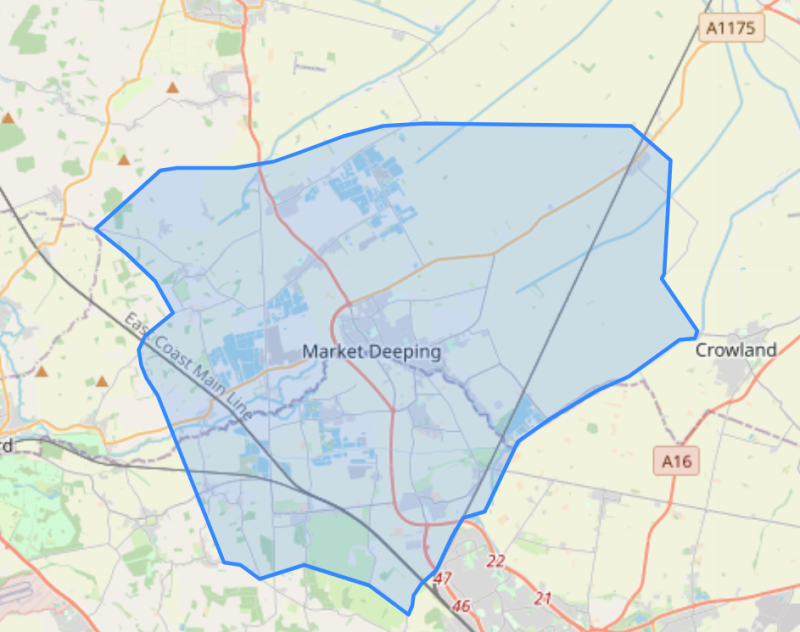Registering at The Deepings
Anyone in England can register with a GP surgery to access NHS services. It's free to register.
You do not need proof of address or immigration status, ID or an NHS number.
GP surgeries are usually the first contact if you have a health problem. They can treat many conditions and give health advice. They can also refer you to other NHS services.
Please check if you fall within our eligible catchment area before you complete the Registration Form.
Alternatively, visit the practice and our reception staff will be happy to help you.
No, you do not need ID, an NHS number or proof of address to register.
We may ask for supporting documentation as it can:
- help the us find your medical records or transfer them from your current GP
- confirm that you live in the our catchment area (or "practice boundary") as we do not accept patients from outside this area
If you do not have a permanent address you can still register using a temporary address or the address of the GP surgery.
We can refuse to register you if:
- we're not accepting new patients
- you live outside our catchment area and as we only accept patients inside this area
- you have been removed from that surgery before
If we refuse to register you, we will write to you within 14 days explaining why.
Information:
If you have problems registering with a GP surgery, you can contact:
Children under 16 need to be registered by their parent or guardian. This means filling in a separate form. You may also be asked to provide a form of ID to prove that you're their parent or guardian.
If you have a personal child health record (red book) from the birth of your child, it will help to provide this.
You can change your GP surgery if you need to.
This might be because:
- you've moved
- you've had problems with your current GP surgery
- you were removed from the patient list
When you register with a new GP surgery, you'll usually get a message to tell you your registration has been successful.
Your medical records will be transferred from your old GP. This can take up to 28 days.
You should tell us if you change your address.
If you do not tell us that you've moved there's a risk that:
- NHS letters giving appointment dates or test results go to the wrong address
- we may not be able to provide home visits or other services if you move outside our area
If you register with a new GP, they will let us know you've moved.
You can register as a temporary resident with a GP surgery for up to 3 months. This can be helpful if you're living away from home but do not want to change your home GP surgery.
To register you'll need to fill out a temporary services form (GMS3), available online or from Reception.
After 3 months, you'll have to reapply to register as a temporary resident or become a permanent patient.
You may also be able to register as a temporary resident if you are visiting from abroad.
If your application is refused, you can still receive any treatment you need immediately for up to 14 days.
You may have recently left the forces and wish to register with us. You will need to live within the practice boundary or already live with a family who are registered with us. When you leave the forces, you should be given the option of receiving your medical records for you to pass on to the GP Practice. Alternatively, you will be asked to complete the Military Medical Record Request Form (see below link), which should be handed in when you register with us for us to request your records from the military.
Requests for military medical records can take up to 6 months for us to receive your notes so we would advise that you get copies of your records before you leave so we can merge these with your NHS records.
If someone over 16 is unable to register with us because they cannot make decisions about their care, registration can be done by:
- a relative
- the main carer
- a lasting power of attorney
- a person appointed by a court under the Mental Capacity Act
NHS England have produced some leaflets for patient’s from vulnerable groups, which can be found below:
